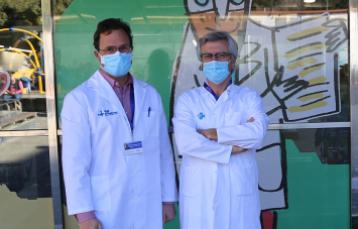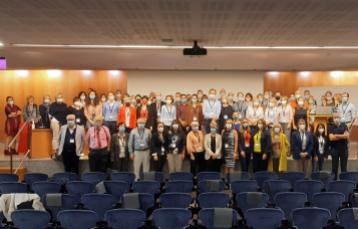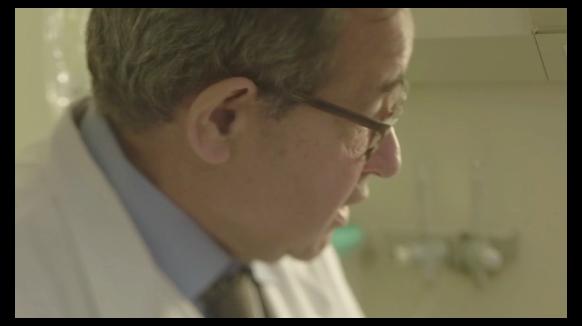Cerebrospinal fluid as liquid biopsy for the precise characterization and policing of medulloblastoma
Comparteix aquest contingut
Related professionals
Dr. Fran
Martinez Ricarte
Martinez Ricarte
Dr. Fran
Martinez Ricarte
Martinez Ricarte
Researcher
Neurosurgery and Neurotraumatology Research Unit (UNINN)
Dr. Lucas
Moreno
Moreno
Dr. Lucas
Moreno
Moreno
Researcher
Translational Research into Cancer in Childhood and Adolescence
Dra. Maria Antonia
Poca Pastor
Poca Pastor
Dra. Maria Antonia
Poca Pastor
Poca Pastor
Dra. Cristina
Díaz de Heredia Rubio
Díaz de Heredia Rubio
Dra. Cristina
Díaz de Heredia Rubio
Díaz de Heredia Rubio
Researcher
Oncology, Translational Research into Cancer in Childhood and Adolescence
Sra. Pilar
Meler Amella
Meler Amella
Sra. Pilar
Meler Amella
Meler Amella
Nursing Supervisor
Dra. Lorena
Valero Arrese
Valero Arrese
Dra. Lorena
Valero Arrese
Valero Arrese
Dr. Fuat
Arikan Abelló
Arikan Abelló
Dr. Fuat
Arikan Abelló
Arikan Abelló
Researcher
Neurosurgery and Neurotraumatology Research Unit (UNINN)
Dra. Soledad
Gallego Melcón
Gallego Melcón
Dra. Soledad
Gallego Melcón
Gallego Melcón
Person in charge/Manager/Director
Translational Research into Cancer in Childhood and Adolescence
Dr. Pablo
Velasco Puyó
Velasco Puyó
Dr. Agustí
Bescós Cabestre
Bescós Cabestre
Sra. Raquel
Coronado Robles
Coronado Robles
Sra. Raquel
Coronado Robles
Coronado Robles
Sr. Jordi
Bernabeu Rodríguez
Bernabeu Rodríguez
Sr. Jordi
Bernabeu Rodríguez
Bernabeu Rodríguez
Sra. Marina
Bonfill Ralló
Bonfill Ralló
Sra. Marina
Bonfill Ralló
Bonfill Ralló
News and events


















